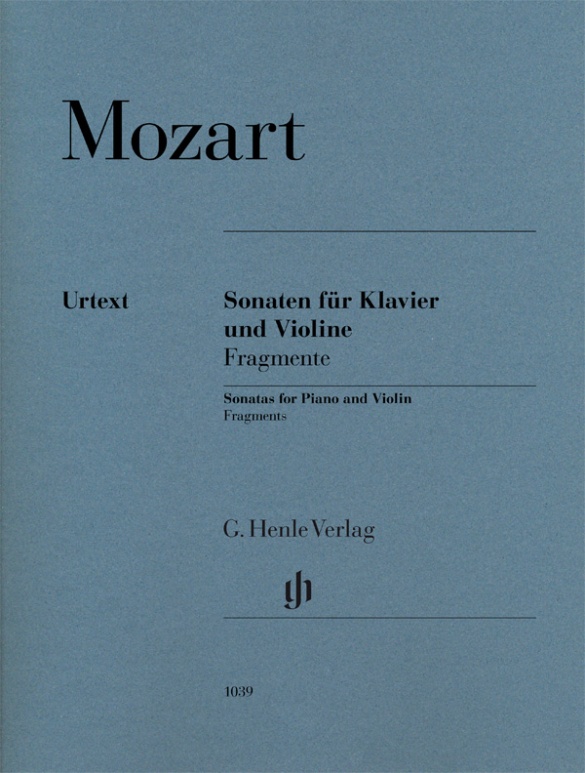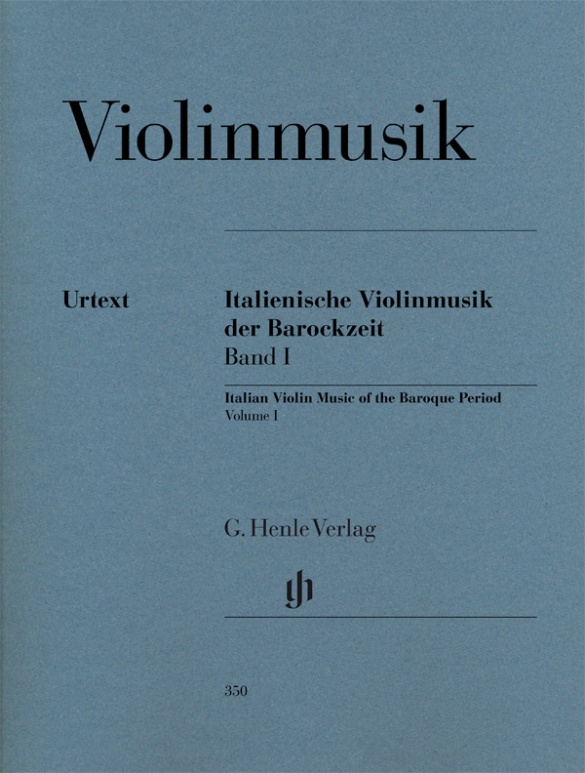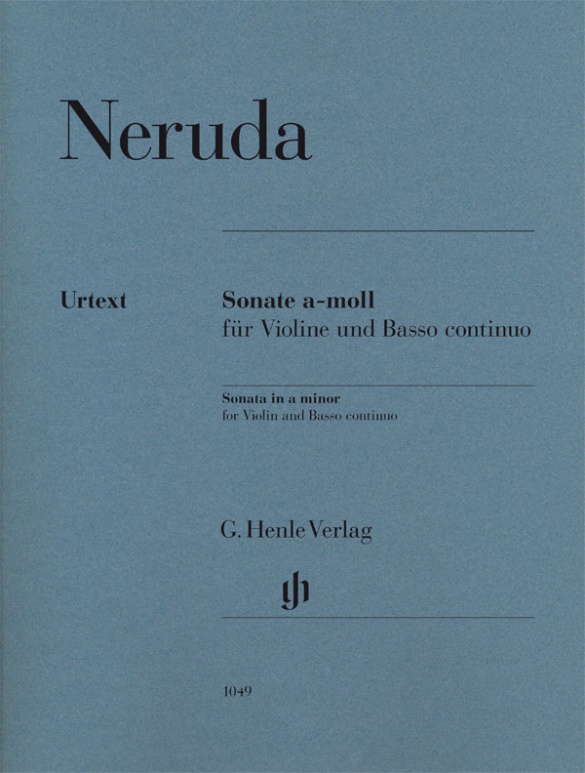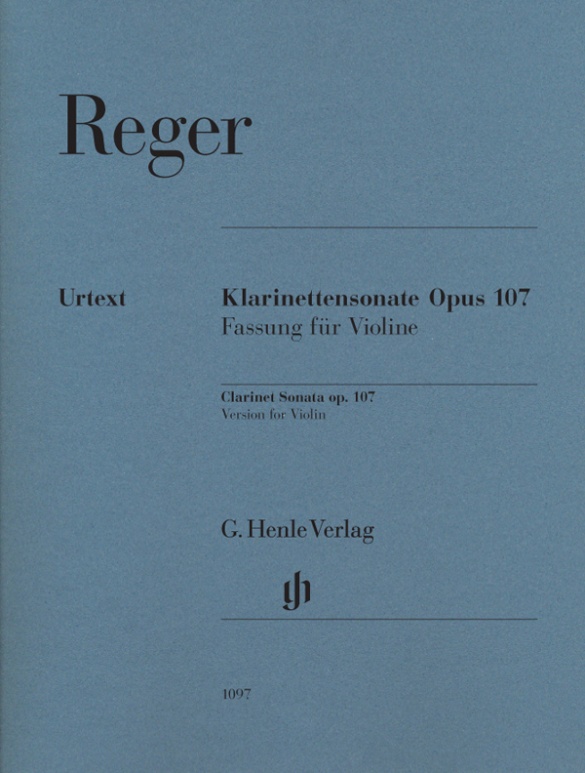

Max Reger
Clarinet Sonata op. 107
When Reger submitted his Clarinet Sonata op. 107 for printing, he remarked: "You immediately notice that the work was originally for clarinet (viola) but that it can also be played by violin and piano." He wrote the violin part himself, adjusting it to suit the needs of the violin.
Even before the first performance of the original for clarinet, he had tried out the work with a violinist. "Should the critics claim once again that it is incomprehensible - then these gentlemen are simply first class asses. The work sounds very good, is intimate chamber music and not difficult to play together." There is nothing more to be said.
mws-henle.cms.title-works.headline
mws-henle.cms-product-detail.composer-headline
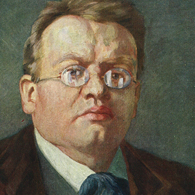
Max Reger
Late-Romantic composer who combines a chromatic tonal language with Baroque and Classical forms, thus anticipating 1920s neoclassicism.
| 1873 | Born in Brand (Upper Palatinate) on March 19, the son of a teacher. First piano lessons from his mother. |
| 1888 | After a visit to Bayreuth (for Meistersinger and Parsifal), decides on a career in music. |
| 1890–93 | Studies with Hugo Riemann at the conservatory in Wiesbaden, composes chamber works. Thereafter he endeavors to publish his own works as a freelance composer, albeit with multiple failures. |
| 1898 | Return to his parents’ home in Weiden. Composition of organ works: choral fantasies, “Fantasy and Fugue on B-A-C-H,” Op. 46 (1900); Symphonic Fantasy and Fugue (“Inferno”), Op. 57. |
| 1901–07 | Living in Munich. |
| 1903 | Publication of his “On the Theory of Modulation,” causing Riemann to feel attacked because Reger espouses a different understanding of the role of chromatics. “Variations and Fugue on an Original Theme,” Op. 73. |
| 1904 | Breakthrough with his first performance for the Allgemeine Deutsche Musikverein (General German Music Association). First volume of his “Simple Songs” for voice and piano, Op. 76; String Quartet in D minor, Op. 74, one of the most significant works in that genre at the beginning of the century. |
| From 1905 | Instructor at Munich’s Academy of Music. “Sinfonietta” in A major, Op. 90. |
| 1907–11 | Music director and professor of composition at the University of Leipzig. Orchestral work “Variations and Fugue on a Theme by Hiller,” Op. 100. |
| 1909 | “The 100th Psalm,” Op. 106, his most popular choral work. |
| 1911–14 | Director of the royal court orchestra of Saxe-Meiningen. |
| 1912 | “Concerto in the Old Style,” Op. 123. Orchestral song “An die Hoffnung” (“To Hope”), Op. 124. |
| 1913 | “Four Tone Poems after A. Böcklin” for large orchestra, Op. 128; “A Ballet Suite,” Op. 130. |
| 1914 | “Variations and Fugue on a Theme by Mozart,” Op. 132 |
| 1915 | He resides in Jena. Late compositions. |
| 1916 | Death in Leipzig on May 11. |
mws-henle.cms-product-detail.author-headline
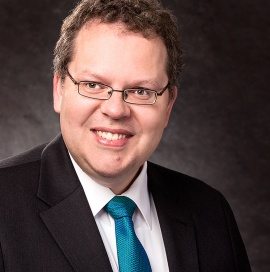
Michael Kube (mws-henle.person.role.HERAUSGEBE)
Dr. Michael Kube, born in 1968 in Kiel, studied musicology (with Friedhelm Krummacher and Heinrich W. Schwab), the history of art and ethnology at the Christian-Albrechts-Universität zu Kiel. Since 1998 he has been a research associate at the New Schubert Edition (Tübingen) and since autumn 2002 also a member of the editorial board.
Kube is on the panels of different juries and music prizes, and is also a member of the Committee for work evaluation (Werkprüfungsausschuss) of VG Music Edition. His research interests include music for keyboard instruments around 1700, 19th century chamber music, early 20th century music history, as well as Scandinavian music history.
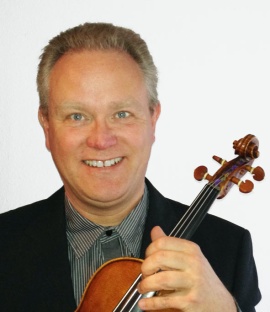
Ernst Schliephake (mws-henle.person.role.FING VIOL)
Ernst Schliephake was born in 1962. At the age of seven he was already a state prize-winner in the category violin at the young people’s music competition “Jugend musiziert”; the following year he achieved the same result with the clarinet. He was taught by Klaus Speicher and Heinz Hepp (violin and clarinet) and studied the violin in 1979 with Prof. Lukas David in Detmold, working as his assistant between 1983 and 1985. Aside from playing the violin in Tibor Varga’s chamber orchestra, he also played many chamber concerts with him, predominantly as a clarinettist. A master-class with Ruggiero Ricci 1981, led to an intensive collaboration and friendship.
Since 1986 he has been a violinist with the Düsseldorf Symphony Orchestra, the Bavarian Radio Symphony Orchestra and the Bavarian State Opera, and since 1989 has been the associate concertmaster with the Munich Symphony Orchestra.
Product Safety Informations (GPSR)

G. Henle Verlag
Here you can find the information about the manufacturer of the product.G. Henle Verlag e.K.
Forstenrieder Allee 122
81476 München
Germany
info@henle.de
www.henle.com
推荐
autogenerated_cross_selling
本书目其他版本
本书目其他版本


